The Art of Storytelling in Qualitative Research: Who gets to share the stories?
 Telling stories to reveal elements and images of an event is one of the most powerful tools for interactive engagement anywhere. A good story is persuasive and will often elicit a reaction from the reader. Development research embraces the art of storytelling as a way of expressing views in social science and humanities. Originally, this was not the case because the development space was dominated by thoughts on development economics that engaged statistical tools and quantitative methods to show trends. If we are being honest, big organizations love numbers, there is a certain level of predictability to it. But the importance of talking about the people and their experiences often gets lost in the process. Researchers have quickly realized the importance of representing and understanding socio-cultural impacts on the wellbeing of the society, that is why storytelling is crucial.
Telling stories to reveal elements and images of an event is one of the most powerful tools for interactive engagement anywhere. A good story is persuasive and will often elicit a reaction from the reader. Development research embraces the art of storytelling as a way of expressing views in social science and humanities. Originally, this was not the case because the development space was dominated by thoughts on development economics that engaged statistical tools and quantitative methods to show trends. If we are being honest, big organizations love numbers, there is a certain level of predictability to it. But the importance of talking about the people and their experiences often gets lost in the process. Researchers have quickly realized the importance of representing and understanding socio-cultural impacts on the wellbeing of the society, that is why storytelling is crucial.
Various authors have embraced storytelling as a form of inciting revolution on any form of injustice, particularly against women. Stories about gender inequality, abuses women suffer, sexual discrimination and many more have come to light because someone was willing to tell the story. Same also, qualitative researchers collect information on perceptions, attitudes, values, and cultures affecting women. These actions have led to transformative events that have led to an awakening for women’s rights to be defended in different ways. But this is not without its own issues. I have come to realize that whoever has the power to tell stories controls the narrative, which forms the basis of how stories can be shared as well as understood. That being the case, you can imagine how critical it is for researchers to emulate the virtues of integrity, transparency, and honesty, to have an accurate depiction of the social issue.
I came to this awareness in Uganda while collecting data for my Ph.D. Dissertation. The summary of my research centers on exploring the role of farmer cooperatives in facilitating inclusive agricultural development in Uganda, using the case of the coffee industry. Women occupy the highest labor force in the coffee industry in Uganda, yet they are the most constrained in terms of access to land, extension services, finance and agricultural inputs that limit their productivity. This is often due to patrilineal structures that are advantageous to men in acquiring land. Also, land ownership forms the basis for investments in extension service, inputs, and access to loans. Currently, the government of Uganda is working towards boosting coffee production to 20 million bags by 2030, so my objective is to investigate if the investments being pumped into the coffee industry are accessible to women and if farmer cooperatives serve as a sustainable mechanism to facilitate it.
the role of farmer cooperatives in facilitating inclusive agricultural development in Uganda, using the case of the coffee industry. Women occupy the highest labor force in the coffee industry in Uganda, yet they are the most constrained in terms of access to land, extension services, finance and agricultural inputs that limit their productivity. This is often due to patrilineal structures that are advantageous to men in acquiring land. Also, land ownership forms the basis for investments in extension service, inputs, and access to loans. Currently, the government of Uganda is working towards boosting coffee production to 20 million bags by 2030, so my objective is to investigate if the investments being pumped into the coffee industry are accessible to women and if farmer cooperatives serve as a sustainable mechanism to facilitate it.
 I felt a huge burden to represent the stories of these men and women accurately because they trusted me enough to talk to me. I constantly had to be conscious of my own bias and be objective when listening to them. I asked myself a lot of questions to capture the individualism of each group rather than generalize. The issue of reframing and telling stories accurately in bringing awareness to gender issues is important. We all have biases, researcher or not, and biases and prejudices often hinder people from viewing issues objectively. Also, our participants have a voice, no matter how low their voices may seem, but getting to echo their voices through research is a huge responsibility we should carry with utmost respect and integrity. Because story tellers control the narrative, there is a risk of sharing only a single story. As Chimamanda Ngozie Adiche, a Nigerian quintessential writer, says, “the danger of a single story, the one perspective, is that it can lead us to default assumptions, conclusions and decisions that may be incomplete, and may lead to misunderstanding”
I felt a huge burden to represent the stories of these men and women accurately because they trusted me enough to talk to me. I constantly had to be conscious of my own bias and be objective when listening to them. I asked myself a lot of questions to capture the individualism of each group rather than generalize. The issue of reframing and telling stories accurately in bringing awareness to gender issues is important. We all have biases, researcher or not, and biases and prejudices often hinder people from viewing issues objectively. Also, our participants have a voice, no matter how low their voices may seem, but getting to echo their voices through research is a huge responsibility we should carry with utmost respect and integrity. Because story tellers control the narrative, there is a risk of sharing only a single story. As Chimamanda Ngozie Adiche, a Nigerian quintessential writer, says, “the danger of a single story, the one perspective, is that it can lead us to default assumptions, conclusions and decisions that may be incomplete, and may lead to misunderstanding”
Oluwabukola Makinde
Fellow ‘22
Reference
Chimamanda Ngozi Adichie (2019). The Danger of a Single Story https://www.youtube.com/watch?v=D9Ihs241zeg
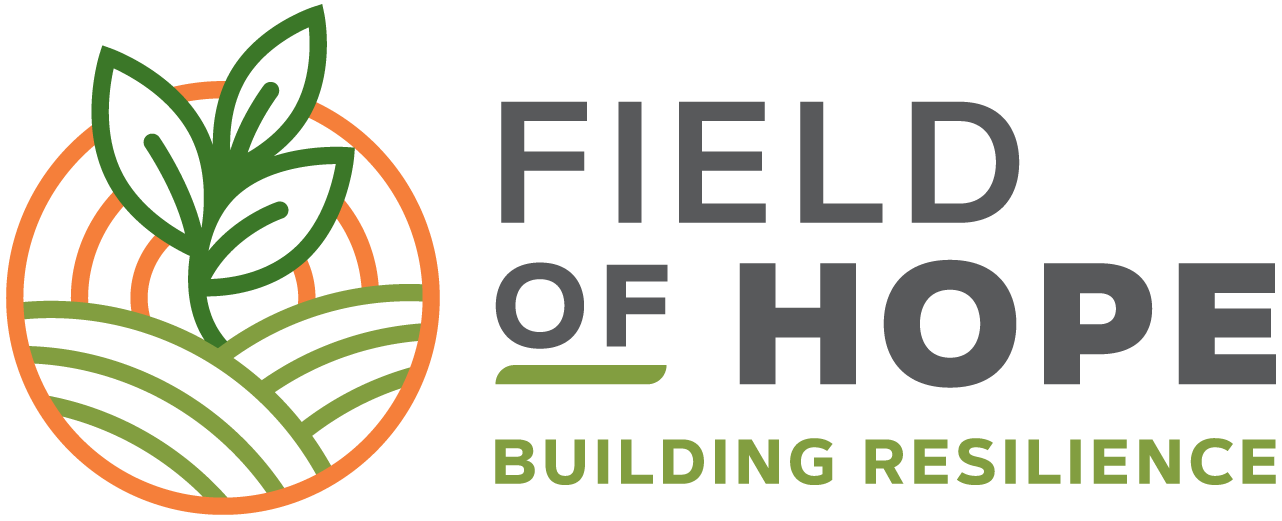
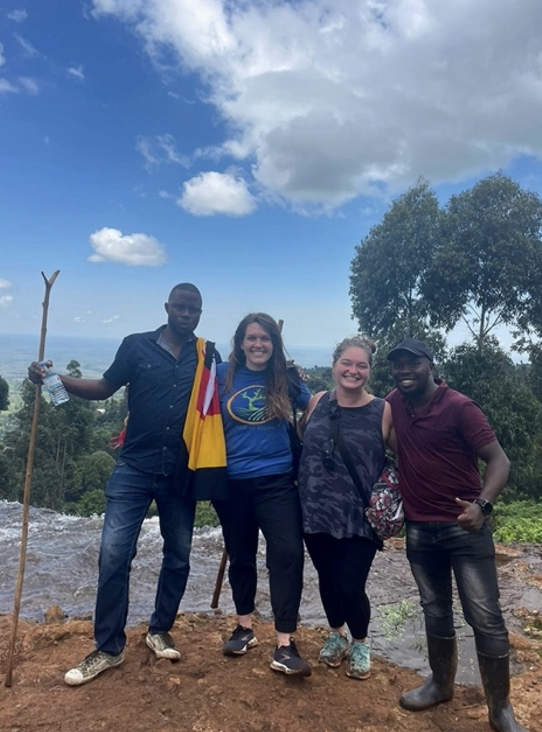
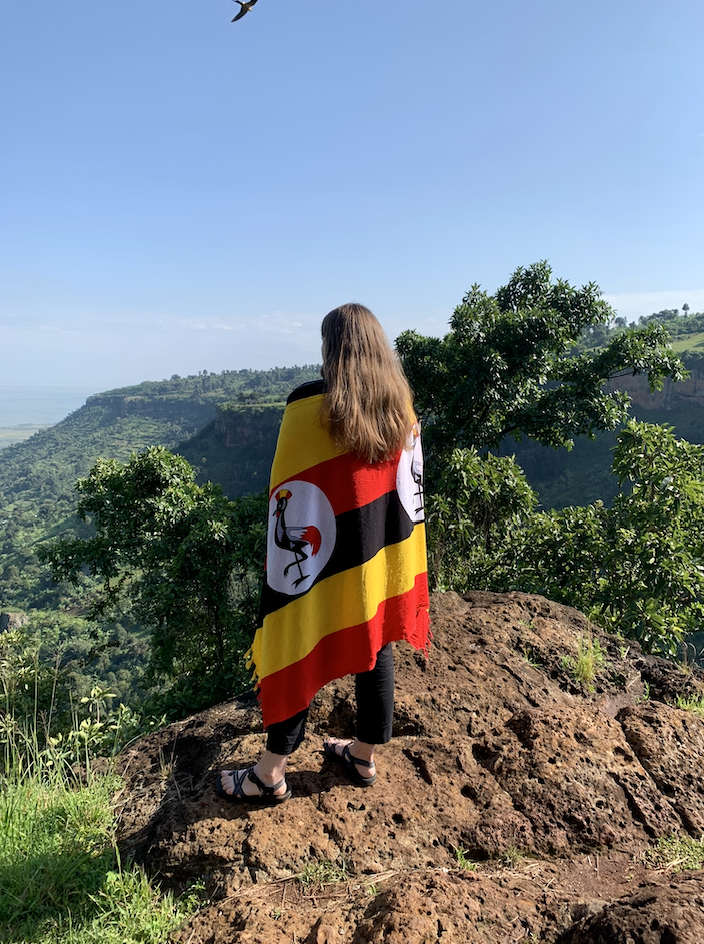 took place in these locations are what make them an actual home. They are the places I grew up, where I gained my independence, learned to take care of myself, and started to stand on my own two feet. They are the residence of the people I love, where my family and dearest friends are guaranteed to be found. They witnessed my biggest milestones, settings where my fondest memories, biggest challenges, and greatest feats all took place. They are the locations I return to time and time again, either physically or in heart, because I know something is waiting there for me.
took place in these locations are what make them an actual home. They are the places I grew up, where I gained my independence, learned to take care of myself, and started to stand on my own two feet. They are the residence of the people I love, where my family and dearest friends are guaranteed to be found. They witnessed my biggest milestones, settings where my fondest memories, biggest challenges, and greatest feats all took place. They are the locations I return to time and time again, either physically or in heart, because I know something is waiting there for me.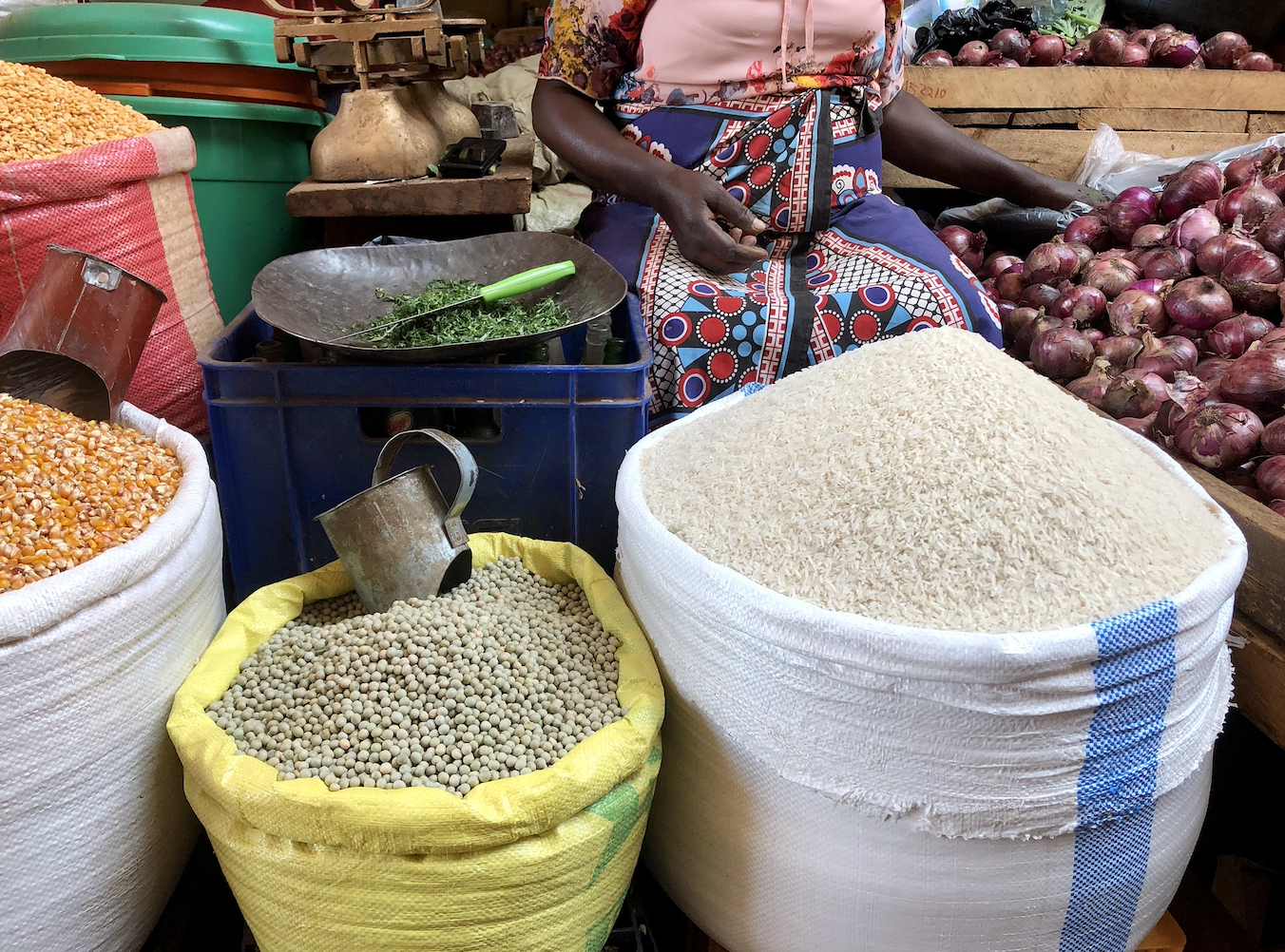
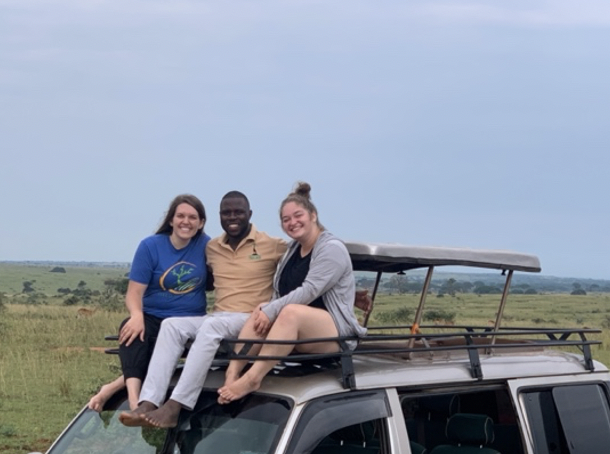 .
. 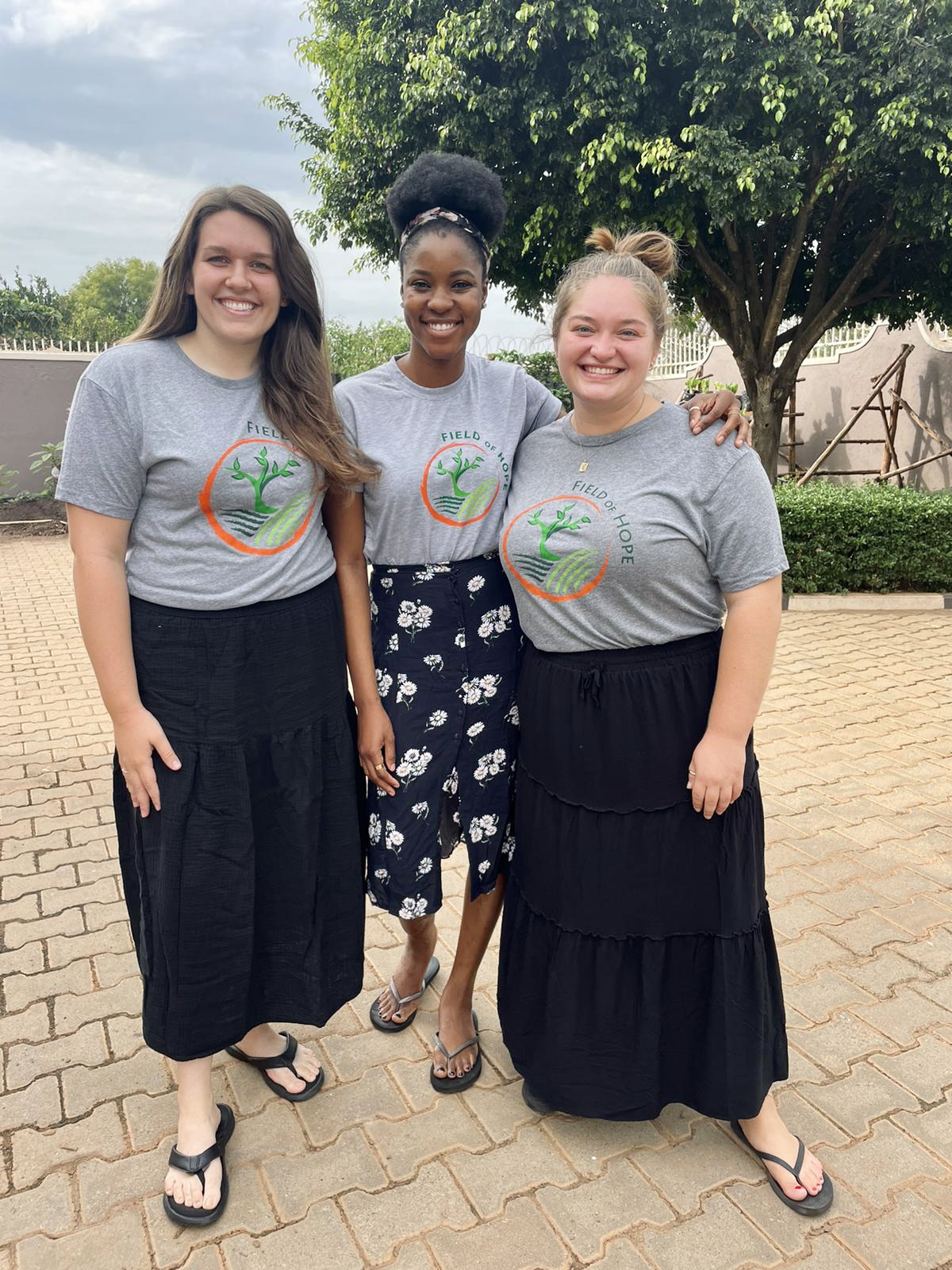
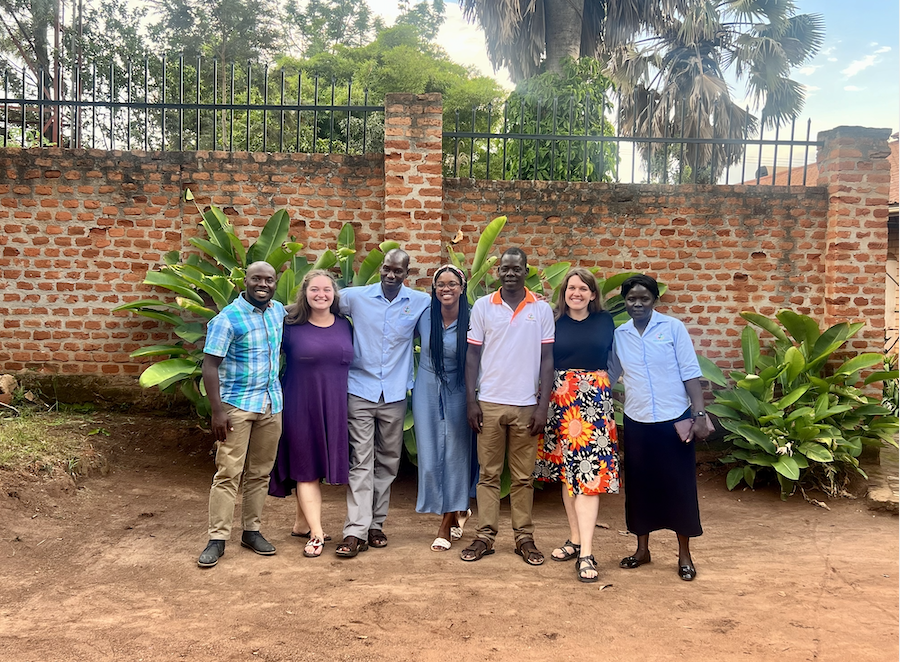
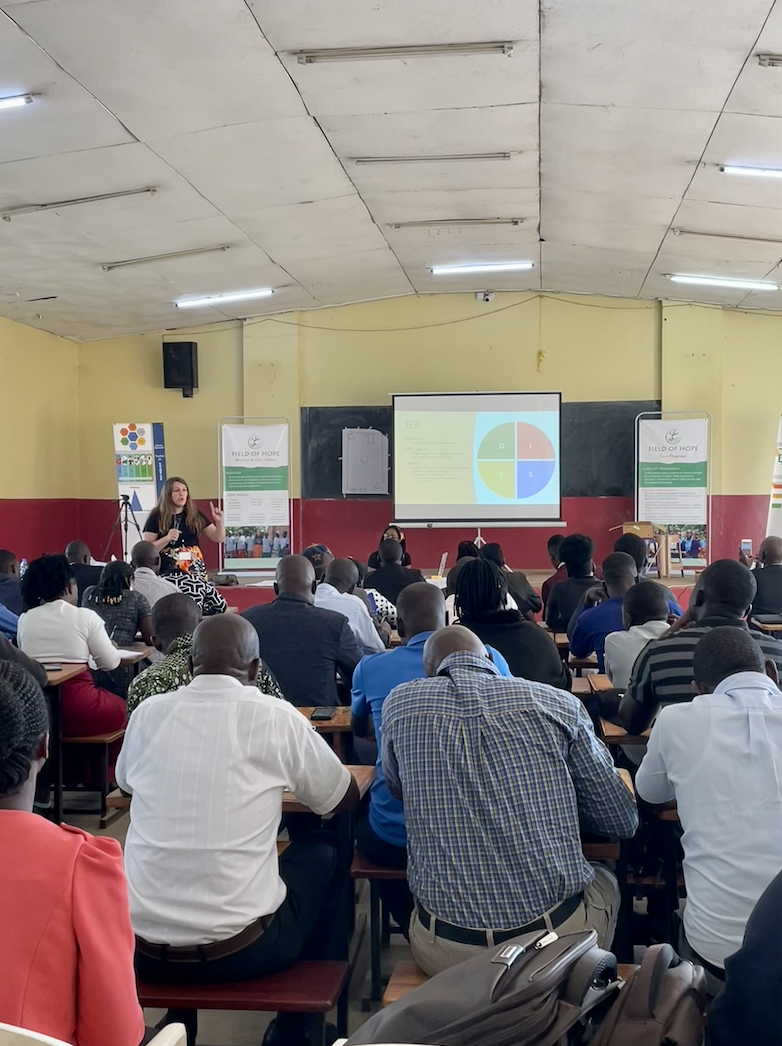
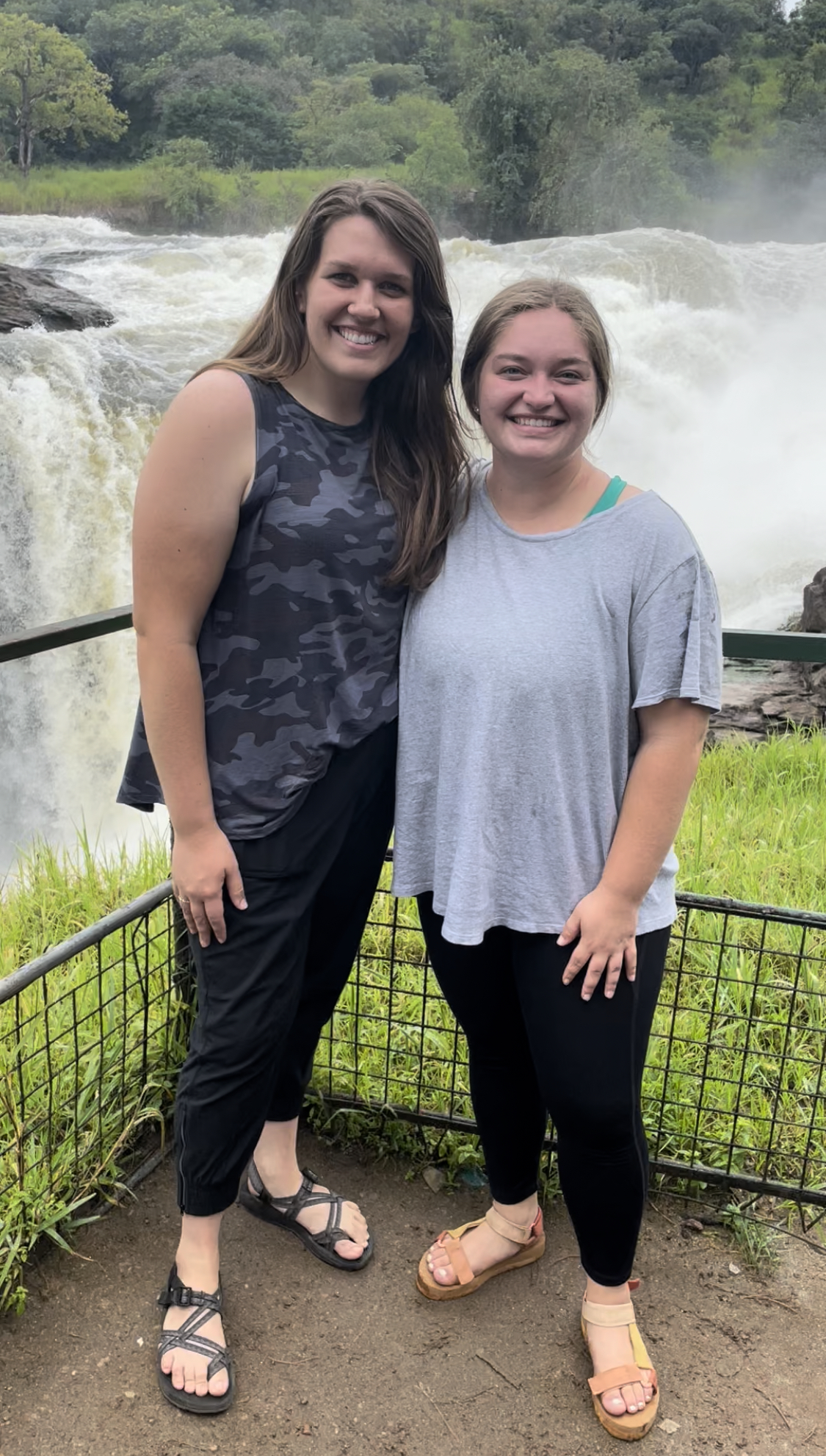
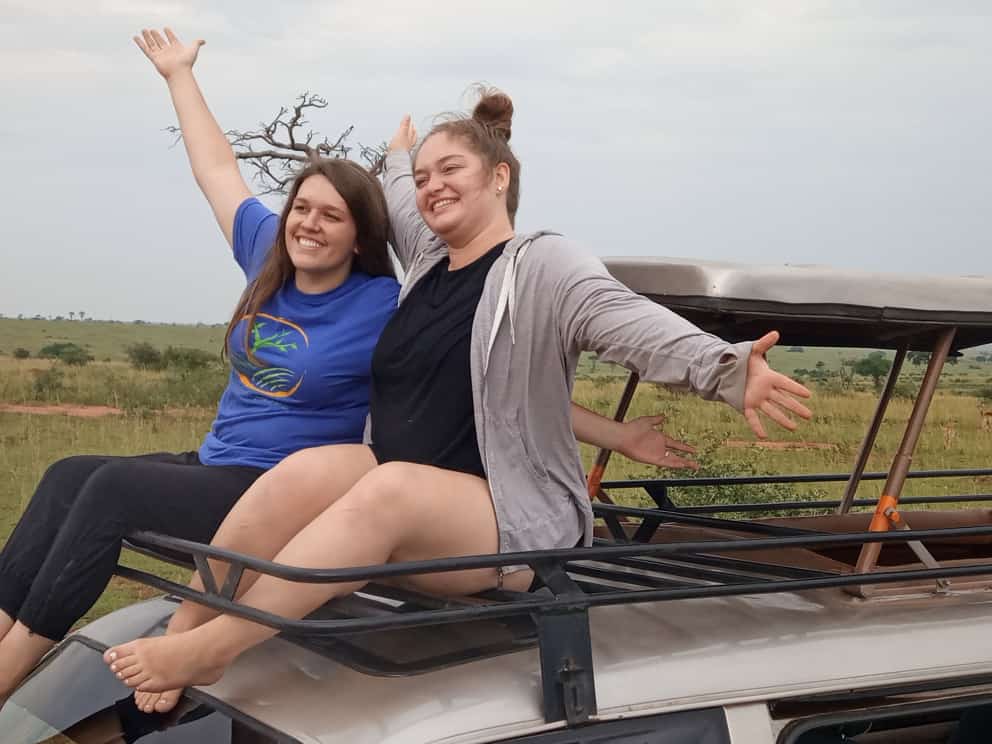

 that did not stop the participants from coming. Our team was so inspired when we saw teachers braving the heavy rain to come to our meeting room, and we knew that we were in for a time of impact.
that did not stop the participants from coming. Our team was so inspired when we saw teachers braving the heavy rain to come to our meeting room, and we knew that we were in for a time of impact. The teacher training was also a time to rekindle old friendships and foster new ones. The interactive group sessions encouraged teachers to share individual knowledge about urban gardening and agricultural best practices that were successful in their schools. It felt like a community of changed and empowered individuals who were passionate about improving themselves, the experiences of their students, their communities, and their country. The impact of this year’s teachers training might not be quantifiable or immediate, but this is an investment that will have a domino effect for years to come.
The teacher training was also a time to rekindle old friendships and foster new ones. The interactive group sessions encouraged teachers to share individual knowledge about urban gardening and agricultural best practices that were successful in their schools. It felt like a community of changed and empowered individuals who were passionate about improving themselves, the experiences of their students, their communities, and their country. The impact of this year’s teachers training might not be quantifiable or immediate, but this is an investment that will have a domino effect for years to come.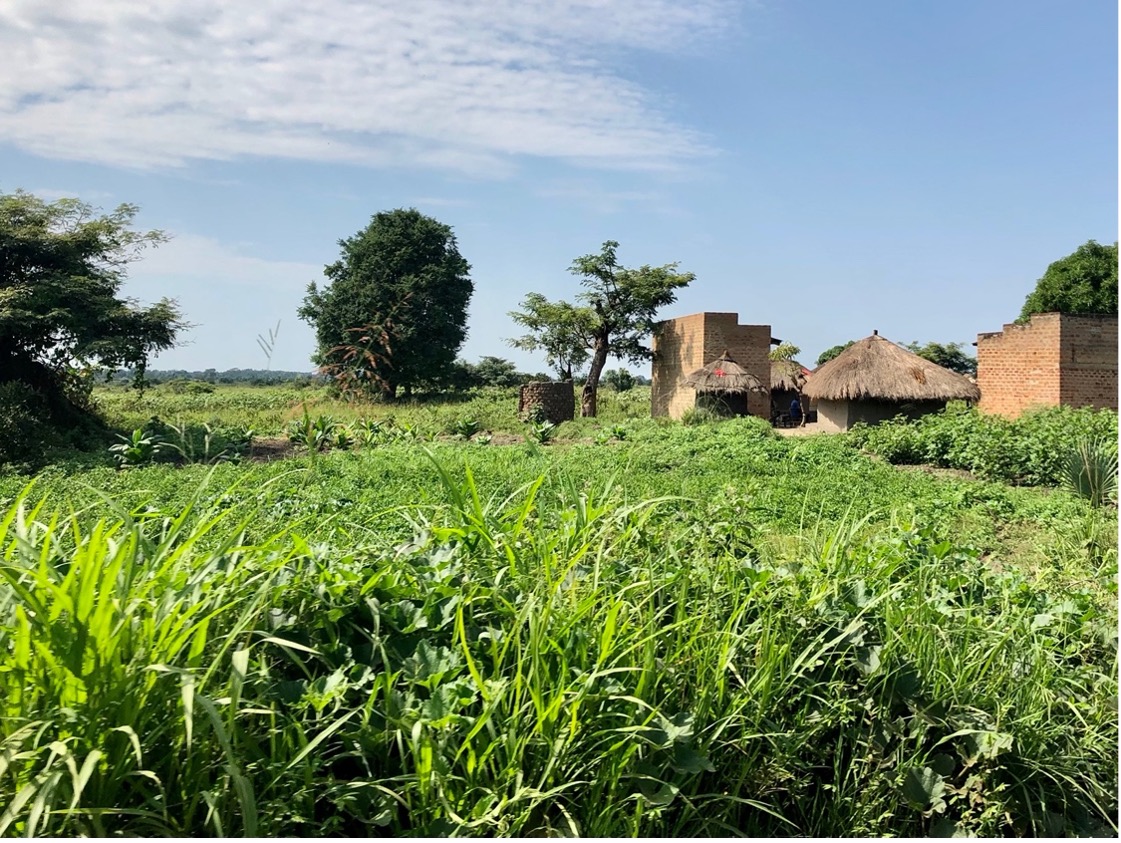

 They see faded clothes and dirty hands, but I see people working hard to provide.
They see faded clothes and dirty hands, but I see people working hard to provide.